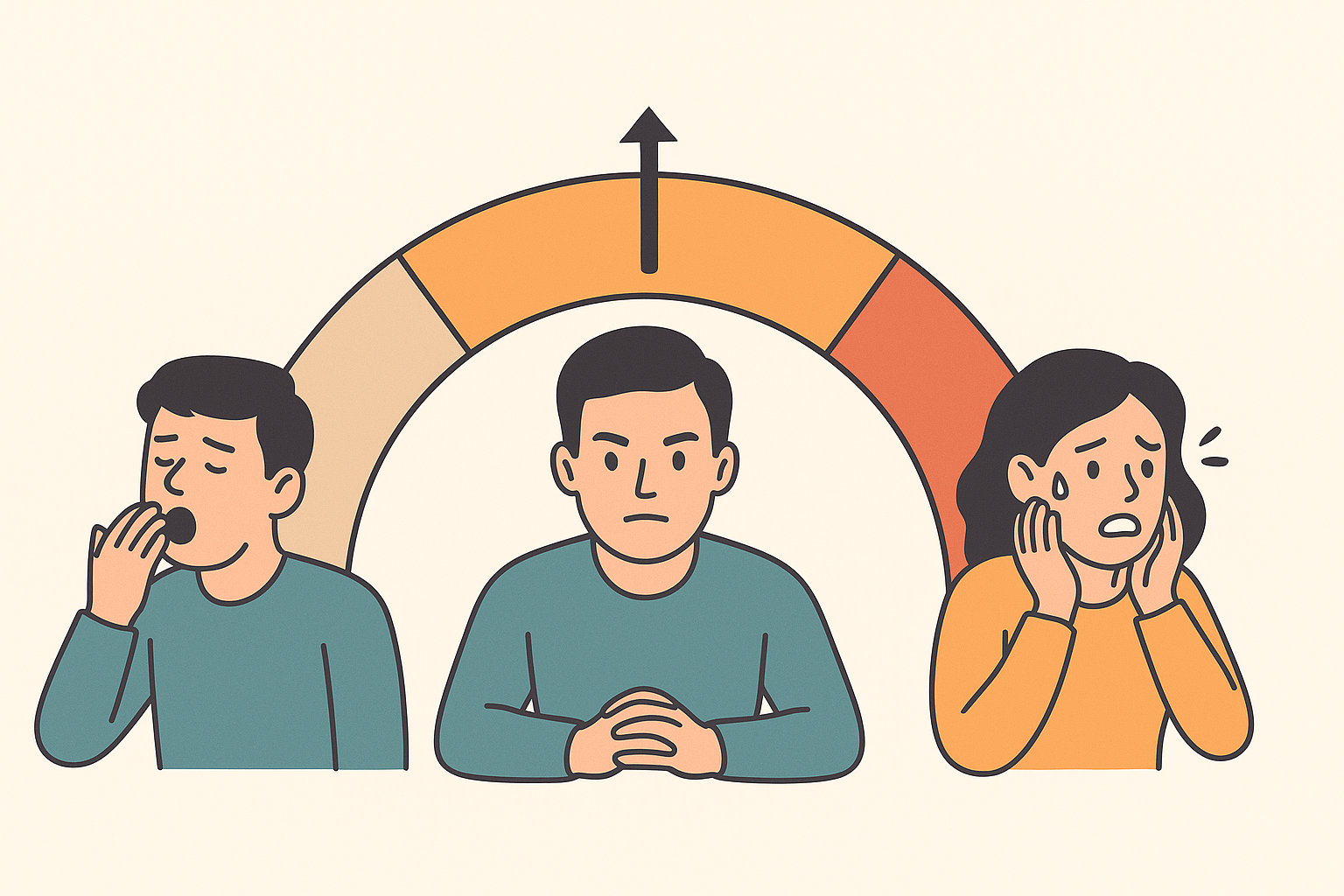Why do you do what you do every day? What drives you to get up, work, chase goals, or even dream? Psychologist Abraham Maslow tried to answer this big question with one of the most famous theories in psychology: the hierarchy of human needs.
According to Maslow, our motivations follow a hierarchical order: first we need to cover the basics, and only then can we aspire to higher goals. But… is it really that simple?
The five basic needs according to Maslow
Maslow organized human motivations into a pyramid with five levels:
- Physiological needs: breathing, eating, sleeping, having shelter. Without this, nothing else matters.
- Safety: feeling protected, having financial stability, health, or a safe place to live.
- Love and belonging: friendships, family, partners, community. We need to feel we belong to something.
- Esteem and recognition: achievements, success, respect from others, and self-confidence.
- Self-actualization: reaching our maximum potential, developing talents, living with purpose.
In theory, we cannot move up a level until we have covered the one below. But in real life, things don’t always follow this order.
A curious example
Imagine someone with very few financial resources who still dedicates time to volunteering in a soup kitchen. How is it possible that, without covering their own needs, they find motivation in something as elevated as giving meaning to the lives of others?
Examples like this show that the pyramid is not always rigid. Human motivation is far more flexible and complex than Maslow originally suggested.
How does it influence your daily life?
Think about your everyday decisions:
- If you are worried about making ends meet, financial security is probably your top priority.
- If you already have stability, maybe what drives you now is improving your relationships or gaining recognition at work.
- And if all of this is in balance, you may feel the need to search for something deeper: a purpose that gives meaning to your existence.
The key is to identify which level of the pyramid you are on and which needs are guiding your behavior right now.
Criticism and updates
Over the years, many psychologists have pointed out that Maslow’s theory is too linear. Today we know that people can pursue self-actualization even in situations of scarcity. In fact, some researchers add another level on top: transcendence— helping others achieve self-actualization and leaving a mark on the world.
Final reflection
Maslow’s hierarchy of needs is not a perfect map, but it is a useful compass to reflect on your motivations. What really moves you today? Do you need more security, more love, more recognition… or are you searching for a deeper meaning in your life?
In the end, what matters is not fitting neatly into one level, but understanding what you need at this moment and how to move toward your own well-being.
👉 If you want to see clear and visual examples of Maslow’s hierarchy and how to apply it to your life, check out the full video on our YouTube channel PsyLife.




